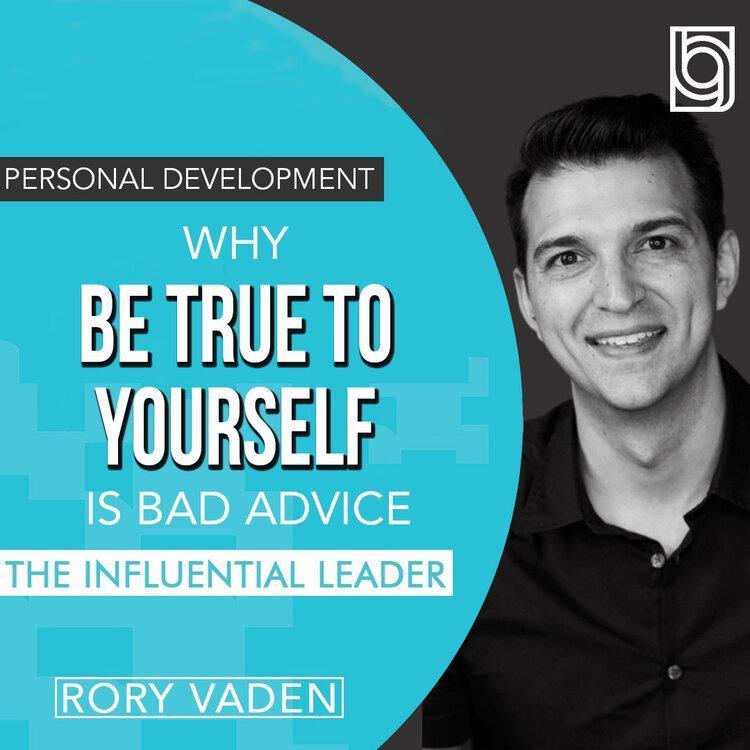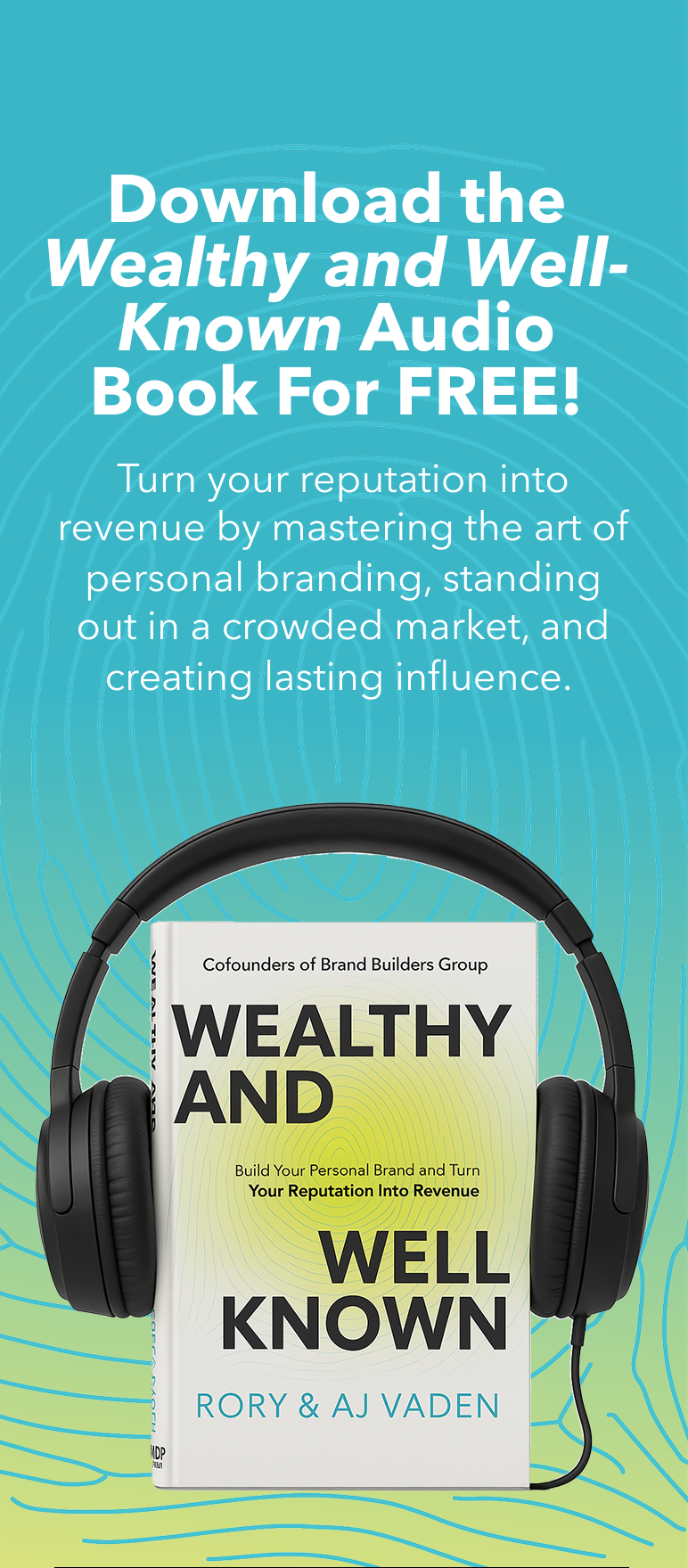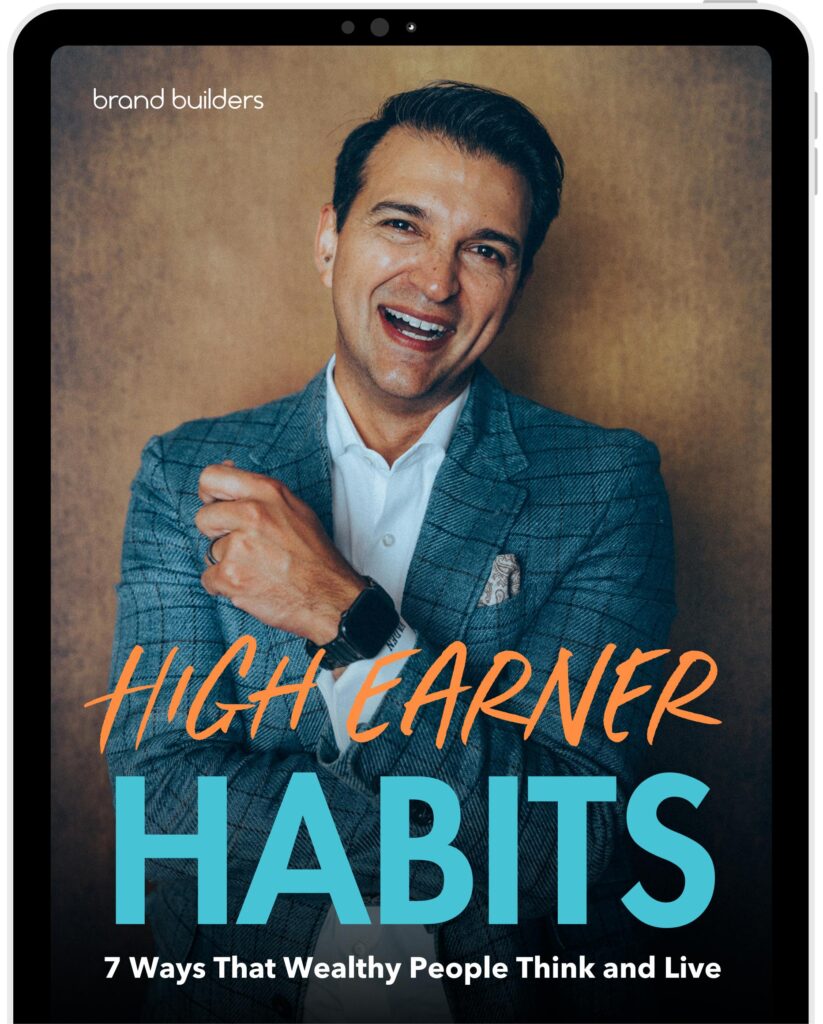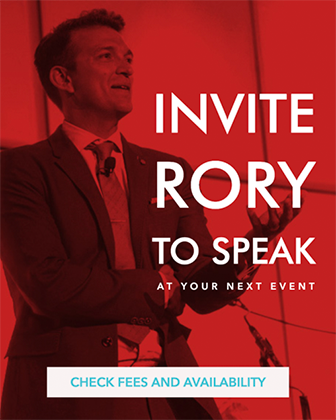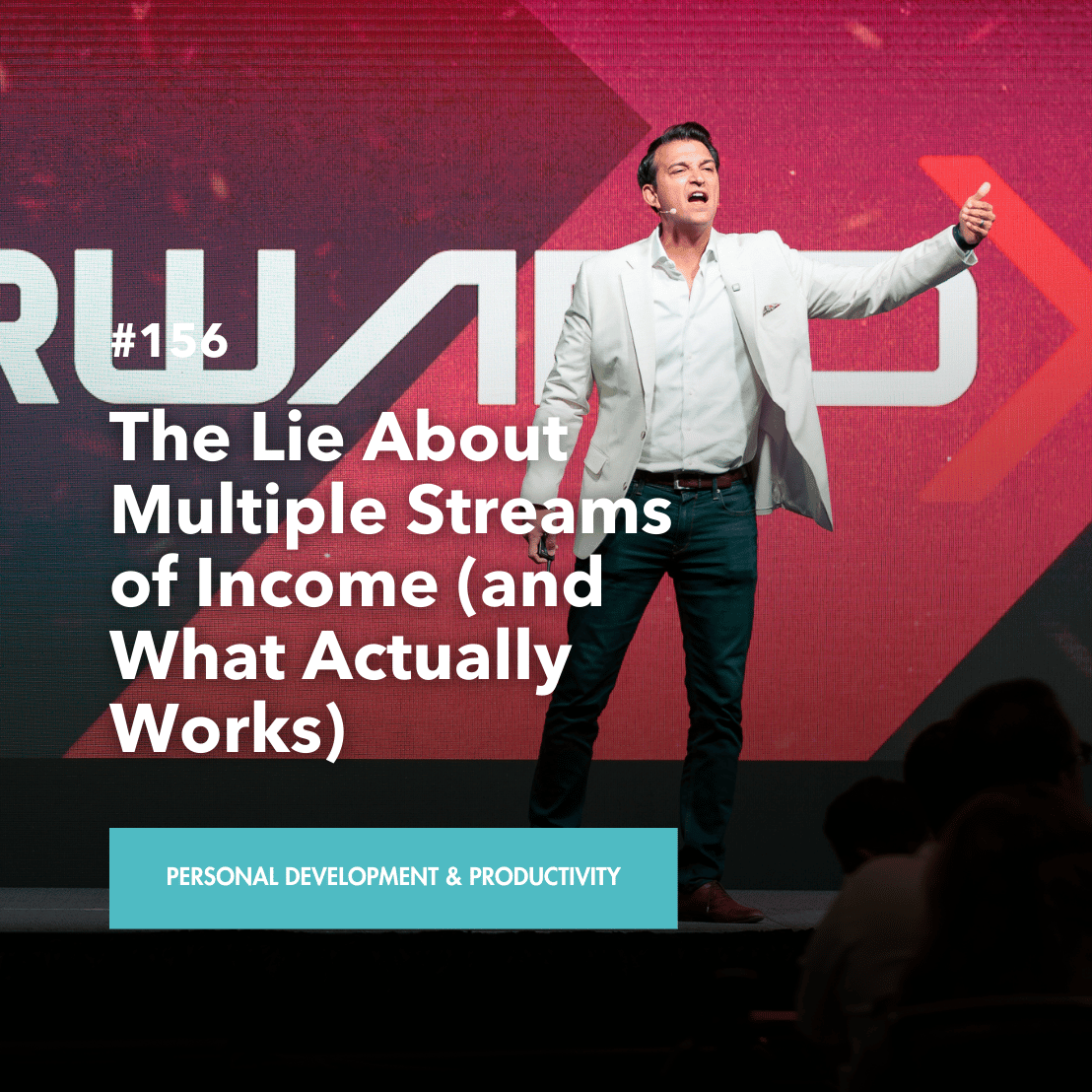Be True to Yourself
There’s a good chance that you have been given at least one piece of terrible advice.
And this is a piece of advice we hear all the time. We hear it in so many places.
It’s such a prevalent piece of advice, but I think it’s a terrible piece of advice.
There’s a good chance that particularly if you’re a younger person, earlier in your career, or if you’re somebody who’s going through a difficult time, a difficult challenge, or a difficult season, that you have heard this terrible piece of advice.
I’ve heard this advice. I’ve had it given to me.
I bet that people have given it to you; perhaps you’ve even given this advice to other people.
And it’s very, very dangerous.
What is this advice that I’m talking about?
Well, here’s what this terrible piece of advice that we hear it often.
People sometimes say you should be true to yourself.
Be true to yourself.
Have you ever heard that?
Right.
Somebody says you should be true to yourself.
You don’t know what to do.
Just be true to yourself.
This is the kind of thing that we hear whenever we’re struggling, right?
When we’re facing a decision, it’s like, “Hey, just be true to yourself.”
Maybe you’re trying to reconcile a relationship or you’re trying to decide what you should spend money on. Or you’re trying to decide what career you should pursue.
And people will say, “Listen to your heart; be true to yourself.”
And I know that what I am saying might not be something that you like.
But I’m telling you, I think that’s really bad advice.
What?
“Excuse me, Rory, what do you mean that’s bad advice?
Why? What could be better advice than being true to yourself?
Why wouldn’t I want to be true to myself? What’s wrong with that? What’s so bad then, Mr. Rory, about being true to yourself?”
Let me share with you what I think it is.
Here’s the problem with being true to ourselves.
It changes.
The problem with being true to yourself is that what you want, what you think you want, what is good, what is bad, what is right, what is wrong.
Our interpretation.
When we try to live life through the lens and the viewpoint, through the perspective of what do I want, what do I believe, what feels good to me, it is constantly shaky ground.
It is shifting. It’s sliding. It’s not stable. It’s not concrete. It’s always moving, everchanging. Right?
Because what we’re saying, be true to yourself. What we’re saying is like, listen to your heart, do whatever feels good, do whatever makes sense.
And that’s really hard because there are things that you probably thought were good for yourself in your teens that really weren’t good for yourself.
And there are probably things that you’ve said in a relationship that you felt you needed to say. And so you said it at that moment, and yet that proved out to not be wise. You might’ve destroyed an entire relationship. You can destroy an entire relationship with just a couple of words.
And that is why being true to yourself is dangerous.
Because for most of us, our self, our views, our values, our beliefs, and certainly our emotions and feelings are changing on a regular basis.
Alright, if I shouldn’t be true to myself, what should I be true to?
And that’s a good question. That’s an important question.
I think the first right question to be asking is not so much what do I think, what do I want, what do I feel?
But what should I be true to?
And that really is the question.
Finding True North
What is your source of truth? What is your source of truth in your life?
I think you should be true to something.
I just don’t think you should be true to yourself.
At least if you’re going to be true to yourself, approach that with a high level of caution because know that you change, your feelings change, your emotions change, your beliefs change, and even your values sometimes change, even dramatically.
Your values can change even from year to year, month to month, even from minute to minute, right?
One conversation can change the way that you think about something entirely.
I’m not saying you shouldn’t listen to your heart and pay attention to it.
I’m saying that if you want to be a successful person, if you want to be an influential person, if you want to have meaningful, sustainable success and joy and results and peace in your life, then you need a stable source of truth.
You need a stable source of truth.
You need something that doesn’t move, that doesn’t change with the wind.
And if you don’t have that, then what do you have?
You just have something that’s influenced by popular opinion, influenced by whatever people are saying on social media or whatever the most recent conversation or the most recent talk show that you listen to.
And I’m just encouraging you to have something a little more stable than yourself, your feelings, your emotions because those are volatile. Also, other people’s feelings, emotions, and opinions are volatile.
I think you should at least take the time to write down the things that you value most in your life.
Now, for me, I’ll just tell you that my source of truth is the Bible. That’s my source of truth.
I have explored the historical arguments for the accuracy of what is said in the document.
I have decided I’ve come to my conclusion, separate from spiritual conviction, that there is historical evidence, archeological, scientific-based evidence to say that the things that happened in those documents are very well supported. Much more supported than the last book you probably read or the last conversation you had. Certainly much more supportive than the last thing that we saw on social media or the news.
Right? So for me, that is my source of truth.
It doesn’t have to be your source of truth, okay?
For you, your source of truth can be something else. It can be whatever you decide, but I think it should be documented.
And I think it should be a set of values and principles.
And if it’s not your own values, some type of a doctrine or belief system, I think it should be something that is documented in a moment of reason and rationale and logic–not in emotion, not in a moment of emotion and instability and fear and danger and distraction and challenge, right?
That’s when it’s most dangerous to be true to yourself.
As in times of volatility and challenge, that’s when you most need something concrete.
I don’t think that the best advice is to be true to yourself.
I think the best advice is to be true to truth.
Don’t be true to yourself. Be true to truth.
I remember one time I was at a seminar and Dave Ramsey was leading it.
And he had everyone close their eyes and spin around. Then he said, “Now, point to North. Keep your eyes closed and point to North.” And then he said, “Open your eyes.” And everyone opened their eyes. Every person in the room was pointing in a different direction and not everybody was right.
Most people were definitely wrong because they weren’t being true to truth, right?
North is North; North doesn’t change.
And that’s what I’m saying for your life.
You need truth.
Values and Principles
You need something that says this is who I am. This is what I believe. This is what I operate by.
And if it’s not some set of a doctrine, you should at least create your own set of values and beliefs of things that you say this is true.
So that in the moments that are challenging, difficult, or frustrating, you will come back and look at something that you have set in stone for whatever reason and justification you think this is the truth. But you’re true to truth. You’re not true to yourself and true to what feels good in the moment or to popular opinion, or to the most recent conversation you had.
Don’t be true to yourself. It’s shaky ground, it’s risky ground. Things will always be moving.
Figure out your source of truth that’s immovable, unshakable, founded in a set of principles that is solid, concrete, firm, honest and inconvenient.
Truth often is inconvenient when I’m blindfolded.
The truth doesn’t care about the fact that I was blindfolded and that I got spun around.
North is North, regardless of what is happening to me.
So don’t be true to yourself.
Be true to truth.
What’s your true North? Comment below.
